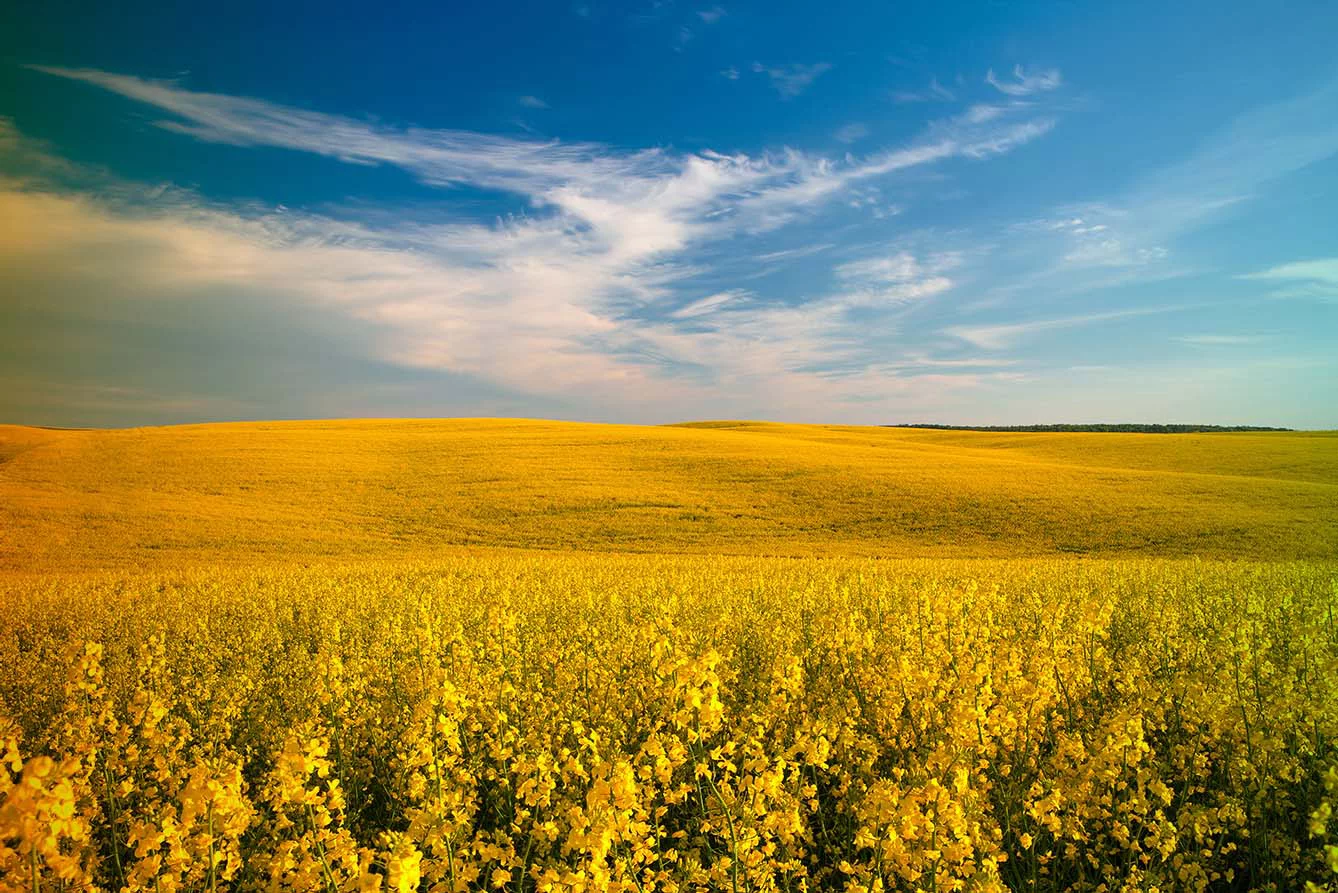Regardless of how the war in Ukraine ends, the Three Seas region’s role in global politics and the economy will change. The group of countries west of Ukraine will either become frontline states, or they will become continental, perhaps even global, hubs for the the post-war reconstruction of Ukraine. These countries can also play a similar role in building a strong market economy in Moldova and also potentially for Belarus.
Three Seas to help in reconstruction of Ukraine
Being a hub for reconstruction, however, does not signify that these countries would play a crucial role in financial assistance to their eastern neighborhood. In fact, this is neither possible nor optimal. The vast majority of funds will come from multilateral organizations such as the EU, World Bank, or EBRD. Substantial amounts can also be expected from the biggest and wealthiest economies, which are the most active and most experienced donors on the international financial assistance scene.
Rather, the importance of the Three Seas region in terms of future Ukraine’s post-war reconstruction or economic help to Ukraine and other Eastern European countries is not due to financial possibilities. It is based on other foundations, like geographical proximity and the shared political and economic history of communism and transition. Before the war, this provided a strong foundation for economic cooperation between Ukraine and Three Seas countries.
According to calculations based on data from the State Statistics Service of Ukraine, the share of the Three Seas countries in total Ukrainian trade turnover (the sum of imports and exports) in 2020 was 18.8%. The Three Seas region ranked higher than even China (14.9%) as the single most important trade partner of Ukraine. Not surprisingly, before the war, Poland alone was the second largest trade partner of Ukraine and was responsible for 7.2% of total Ukrainian trade turnover, followed by Germany (7.1%) and Russia (7.0%).
Lithuania: the biggest trade partner of Ukraine
A similar tendency is also visible in trade data for the Three Seas countries.
The data show that the share of Ukraine in the trade turnover of our region was smaller than our share in Ukraine’s trade. In 2021, Lithuania had the highest share at 2.4%, followed by Hungary (2.0%) and Poland (1.8%). The countries of the southern part of the region: Austria, Slovenia, and Croatia, were on the lower end of the spectrum. All of that is natural, but it is not the most important message from these statistics.
The most important message is that before the war, all but one of the Three Seas countries were more engaged in trade with Ukraine than the average of the rest of the EU economies. The region’s economic ties with Ukraine were historically the strongest in the EU. Of course, this is difficult in the current situation, but after war in Ukraine, can be turned into an economic advantage.
The businesses in the Three Seas region have more experience and stronger relations with Ukrainian partners. They better understand the reality on the ground and know how to adapt to changing circumstances. The role of the governments and public institutions in the region is to create adequate conditions and to provide support for businesses ready to engage in our eastern neighborhood.
Institutions from our region can also provide technical and institutional help to Ukraine, Belarusian and Moldovan partners. It will be well informed and based on a shared experience of economic transition and political and social development. The history of such cooperation is already there, and it should be strengthened.
If you are interested in the current economic situation in Europe, then also read the article on food-independent countries. From the entry you will find out, among other things, what Ukrainian food exports looked like.







